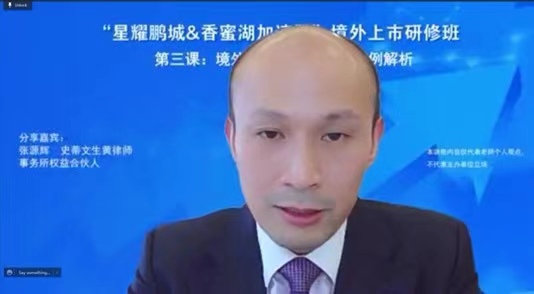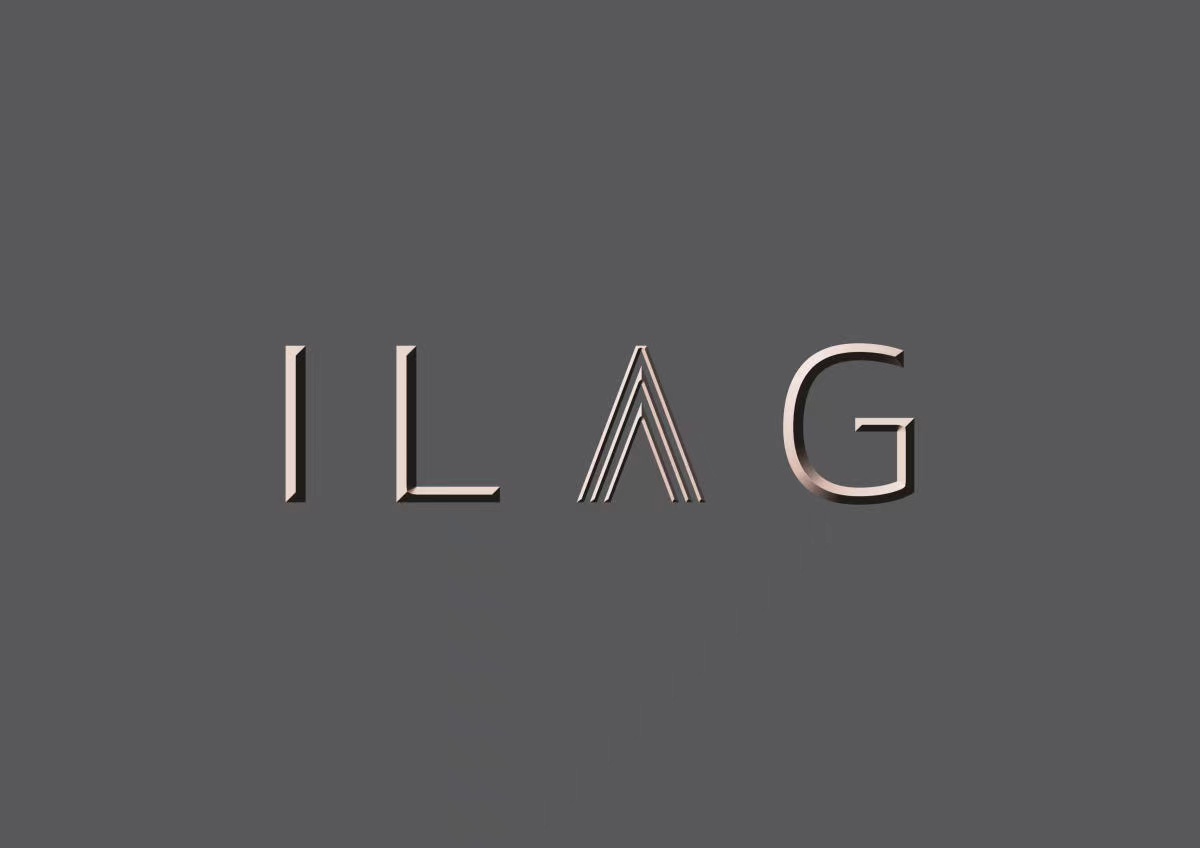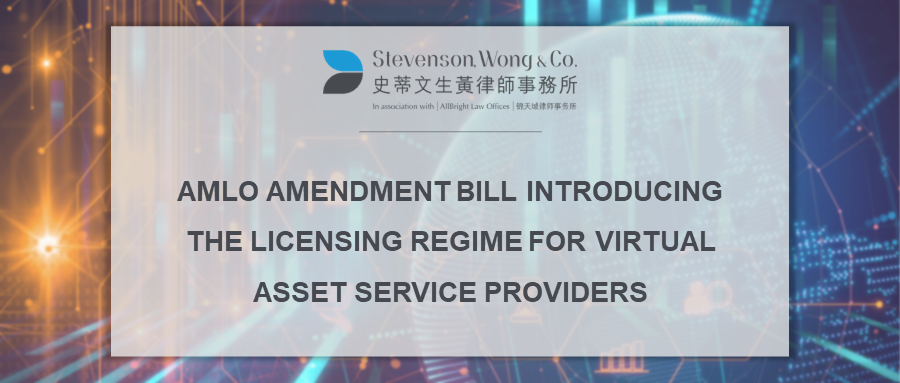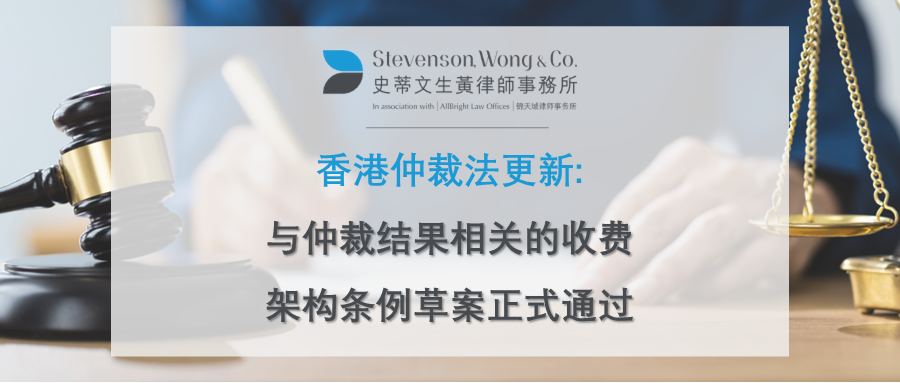Our Partner Gordon Tsang was interviewed by Bloomberg to share his view on the recent China Evergrande Group (3333.HK) (“Evergrande”) winding-up lawsuit in response to the article “Millennial Threatens Evergrande With Wind Down in Latest Setback”.

Lin Ho Man, an investor in Evergrande, filed a winding-up petition against the embattled property company involving HK$862.5 million. This is the first winding-up petition known to have been filed against Evergrande, which is at the centre of China’s real estate crisis with more than $300 billion of debt. Gordon shared with Bloomberg that some of the creditors in Hong Kong might be concerned that the developer may fail to honour their agreements, and therefore join the suit to demand quicker repayment as Evergrande’s restructuring could take months or even years to unravel. He added, “The winding-up petition may add pressure and costs for the company and have a significant impact on Evergrande’s coming restructuring plan.”
For more information, please contact our Partner Mr. Gordon Tsang, or click here to view the complete interview.












